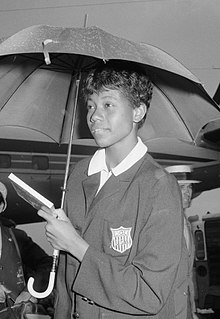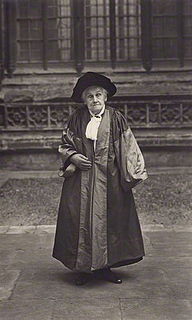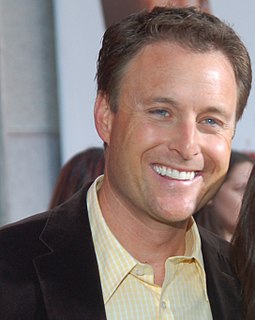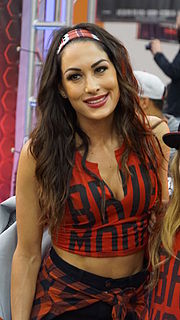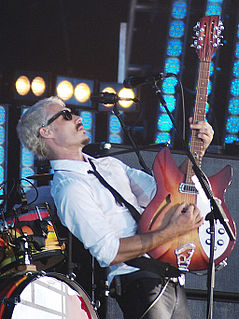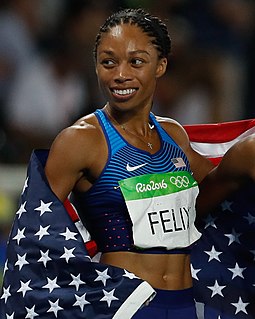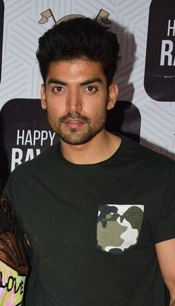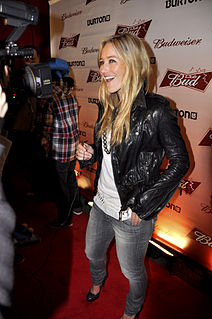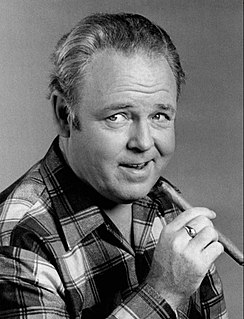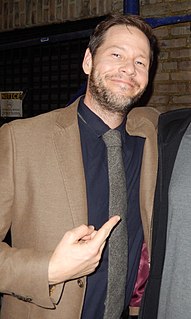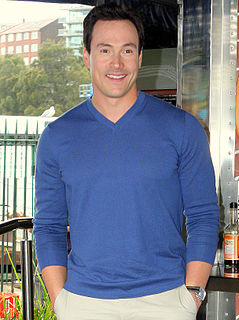A Quote by Wilma Rudolph
There were good jobs, but they were never what I wanted to do. Somehow, people always thought of Wilma Rudolph as a threat.
Related Quotes
Not to get too deep, but I was brought up by these women who if you wanted to label them, maybe they were feminists, but you know what? They never asked for that or wanted it and they never got up on a soapbox and spoke about it, they just did it. They did their work, they did their jobs, they were who they were.
For me, in movies, it's always a mixed bag. I've never made a movie where I thought, "You were really good in that movie; you were good all the time." No. It's always, "You didn't get it, you didn't do it in that scene, but the other scene is pretty good." So I just hope that in balance there's more good scenes than not.
There were always men looking for jobs in America. There were always all these usable bodies. And I wanted to be a writer. Almost everybody was a writer. Not everybody thought they could be a dentist or an automobile mechanic but everybody knew they could be a writer. Of those fifty guys in the room, probably fifteen of them thought they were writers. Almost everybody used words and could write them down, i.e., almost everybody could be a writer. But most men, fortunately, aren't writers, or even cab drivers, and some men - many men - unfortunately aren't anything.
I wanted to be a senator from Illinois. I was obsessed with politics. My dad was friends with a lot of local politicians, so I would hang out with them on Election Day and hand out buttons. Somehow, even though they were opposite, I loved Ronald Reagan and Bill Clinton. I thought they were the coolest guys!
The bottom feeders of the entertainment industry were never invited to presidential inaugurations. The bottom feeders of the entertainment were never used as fundraisers for presidents of the United States. They were ignored. There was always a line. They were always there, and they were always who they were, and they always did what they did. The bottom feeders have now become the standard. That's what's different.
